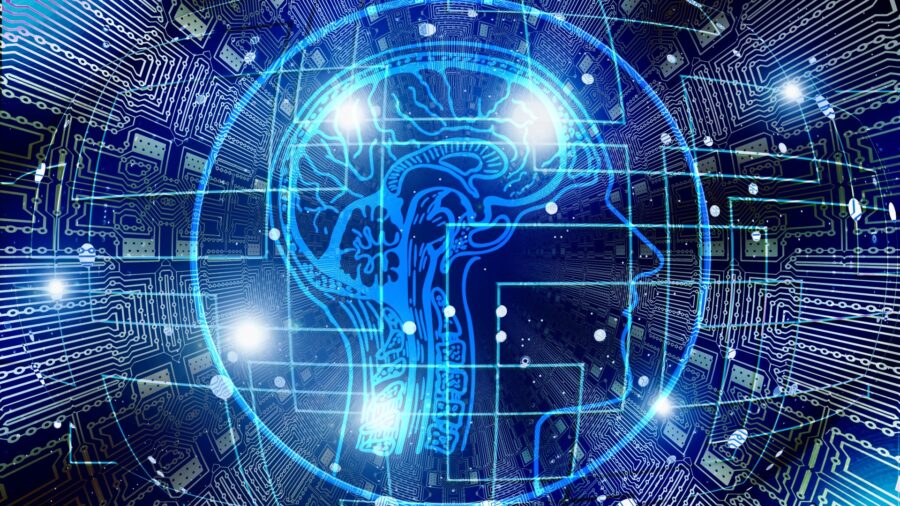Artificial Intelligence To Become Lawyer In Court Case
An artificial intelligence model from DoNotPay will officially act as legal counsel for a defendant in a real-life court case.
This article is more than 2 years old

What if artificial intelligence could argue a court case for defendants? A San Francisco-based company called DoNotPay is poised to answer that question as it has developed an AI that will be advising the recipient of a speeding ticket in a case that will be heard in February. Futurism reports that the artificial legal assistant will be communicating with the defendant via earpiece.
This will be the first time that artificial intelligence is used in this capacity as it is illegal to use technology this way in many places, but DoNotPay found a pocket where the assistant can be implemented. The company has also promised to pay any legal fees and fines that are incurred if the advisor cannot perform its job in court. The identity of the defendant has been kept secret for privacy reasons.
Artificial intelligence refers to the capacity of a machine to learn and complete tasks common to humans. The emergence of the Internet of Things devices and self-driving cars has thrust AI to the forefront as these machines must learn to adjust to their users and accommodate their needs. AI has been used to construct shopping lists based on what is – and isn’t – in connected refrigerators and trash bins, to write academic papers including about itself, and even play chess against world champions like Gary Kasparov.

However, there are also downsides to artificial intelligence, as it can learn bad ideas and implement its findings in undesirable ways. Some AI bots have learned to be racist, sexist, and cruel, and unsuspecting creators found that they will act on everything they learn, even the wrong things. That would almost sound human, except artificial intelligence doesn’t have the emotions that generate these sentiments and will therefore act on them without conscience.
Artificial intelligence is therefore not infallible, which is why the AI legal assistant is being tested in traffic court rather than a major trial with lives, property, or income on the line. DoNotPay founder Joshua Browder is excited about the company’s development, but his optimism is cautious. “We’re trying to minimize our legal liability,” he said in an interview. “And it’s not good if it actually twists facts and is too manipulative.”
However, he also says that the legal assistant is not entirely untested, having used it to successfully dispute Wells Fargo bank about some fees. This points to another use for DoNotPay’s artificial intelligence, as few people have the time and patience to fight institutions over small amounts they are rightfully owed. Customer service calls to credit card companies, utilities, insurance companies, and other customer service lines will be a lot easier with an efficient AI to handle it.
Legal fees are expensive for most people, which is something DoNotPay wants to eliminate. Disputing a speeding ticket could cost hundreds or more in attorney fees on top of fines and court fees if the defendant loses the case. Using artificial intelligence to reduce the need for attorneys will help a lot of people have their day in court when they may not otherwise have because of the expense.
It remains to be seen if artificial intelligence will replace lawyers entirely, and it is certain that this simple speeding ticket case will be watched closely by certain sectors. It is more likely that AI legal assistants like the one from DoNotPay will be invaluable for smaller or pro bono cases while larger cases will still be handled by humans. Nevertheless, the first AI legal assistant is the first step toward robot lawyers, something most of us expected to only see in science fiction films and Isaac Asimov novels.












